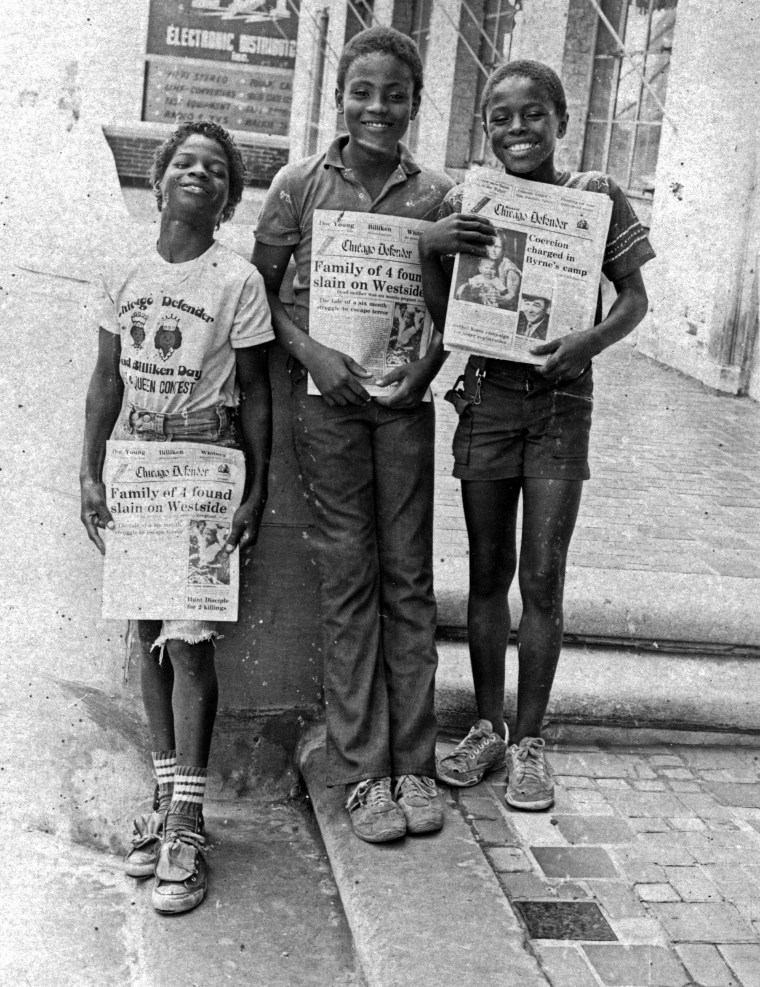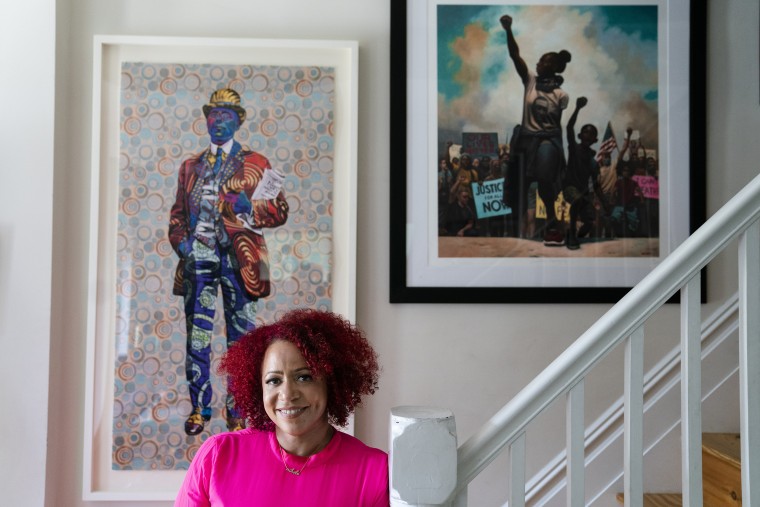During the apex of the civil rights movement, much of the mainstream news coverage excluded the views of Black people in its reporting. So the narrative in print largely did not include how they felt about the protests, the racism they experienced in the United States or how it affected their lives.
Except in the Black media.
Black newspapers provided in-depth coverage that balanced out what the white-dominated media omitted.
Now, with the help of a $2 million grant announced Monday, Howard University’s Moorland-Spingarn Research Center will make available countless articles that captured in real-time the impact of historical events on Black people that have long been difficult, if not impossible, to access. By digitizing its extensive Black Press Archives, anyone will be able to access Howard’s collection of more than 2,000 newspapers from the United States, Africa and the African diaspora online.
The grant was awarded by the Jonathan Logan Family Foundation, which supports organizations that advance social justice by promoting investigative journalism, the arts and documentary film. Once completed, the Black Press Archives will be the largest collection of its kind in the world.

Scholars and historians say they’re excited about this because the collection allows readers to gain a perspective of how the Black media covered historical events at a time when most mainstream newspapers did not seek Black people’s views.
The Pulitzer Prize-winning journalist Nikole Hannah-Jones, founder of the Center for Journalism and Democracy at Howard, said preserving the history in these archives is critical.
“We were only getting a very one-sided version of our history,” she said. “Newspapers cataloged the day-to-day in our society to help us understand the politics of our society, the culture of our society,” she said. “The fuller version of all that can be found within the Black archives at Howard. So, it’s extremely exciting that this money is going to help preserve this precious archive, but also make it accessible to millions of people across the world.”
The Black Press Archives includes 2,847 microfilm reels of newspapers, totaling over 100,000 individual issues of publications from Black newspapers in America, Africa and other nations.
“When we think about how white newspapers have shared our collective understanding of the world, that is a very narrow view of what was happening,” Hannah-Jones said. “And so having access to how Black newspapers covered colonialism, for instance, or how Black newspapers covered apartheid, or the Black freedom struggle in America ... that just gives us a fuller picture, gives us a greater understanding.”
In some cases, the archives contain the only remaining physical copies of Black newspapers. But 70 percent of the materials in the collection have yet to be cataloged and most of it has not yet been digitized, Hannah-Jones said, leaving much work for Dr. Benjamin Talton, the director of the research center, and his team.
“It is a lot of work, but it is a labor of love,” said Talton, himself a Howard alum who is overseeing the archiving. “As a student, the research center was really the center of gravity for me. And so I grew up exposed to African and African American history and diaspora history. Having all that history at my fingertips was mind-blowing. To come back here to help lead the charge to make more of its resources available to the public, it’s amazing.”
Derek T. Dingle, who’s had a long career in Black-owned media, said the Black press has been critical for both the Black community and the growth of mainstream media.
“The Black press has always had a role in ensuring that Blacks were fully informed locally, nationally and globally and were at the forefront of covering and advocating for the dismantling of institutional barriers,” said Dingle, executive vice president and chief content officer at Black Enterprise business magazine. “You would not have had the phalanx of groundbreaking Black journalists who were eventually recruited and hired by mainstream outlets in the 1960s” were it not for Black newspapers, he said.
The funds from the Jonathan Logan Family Foundation will allow Talton to bring others onboard to work on the archives. He said the rollout will come in stages, with the first mission being to digitize all the microfilm. Doing this, he said, will allow anyone with an internet connection to access old newspapers like The Chicago Defender, The Amsterdam News, The Norfolk Journal and Guide, The Washington Afro American and numerous others.
“You can’t tell the story of Black America without the Black press, because the Black press was covering things that weren’t in the mainstream white newspapers and really respecting the humanity of Black people.”
This coverage also inspired people, Talton said.
“They spurred on events through their reporting on the murder of Emmett Till, the civil rights movement, the Great Migration, and in doing so became a forum for the Black community,” he said. “The letters to the editor, the editorials, really allowed Black folks to speak for themselves. And Black newspapers created jobs. So they are an important part of the fabric of Black life.”
Lopez Matthews, digital production librarian at Howard, set a goal of digitizing and putting online 60 percent of the 100,000 individual newspapers in the next five years. Because of copyright issues and other legal machinations, the remaining 40 percent will be available only at Howard.
Hannah-Jones, author of the New York Times bestselling book, “The 1619 Project,” said digitizing these archives will be invaluable to journalists and readers.
“Archives have been pivotal to my own work,” she said. “Having archives digitized, it really does democratize access to knowledge that I think is so important. So I have a particular place in my heart for archives. I just would not be the journalist I am without archives or archival research. So this will be a learning and teaching opportunity for everyone.”

